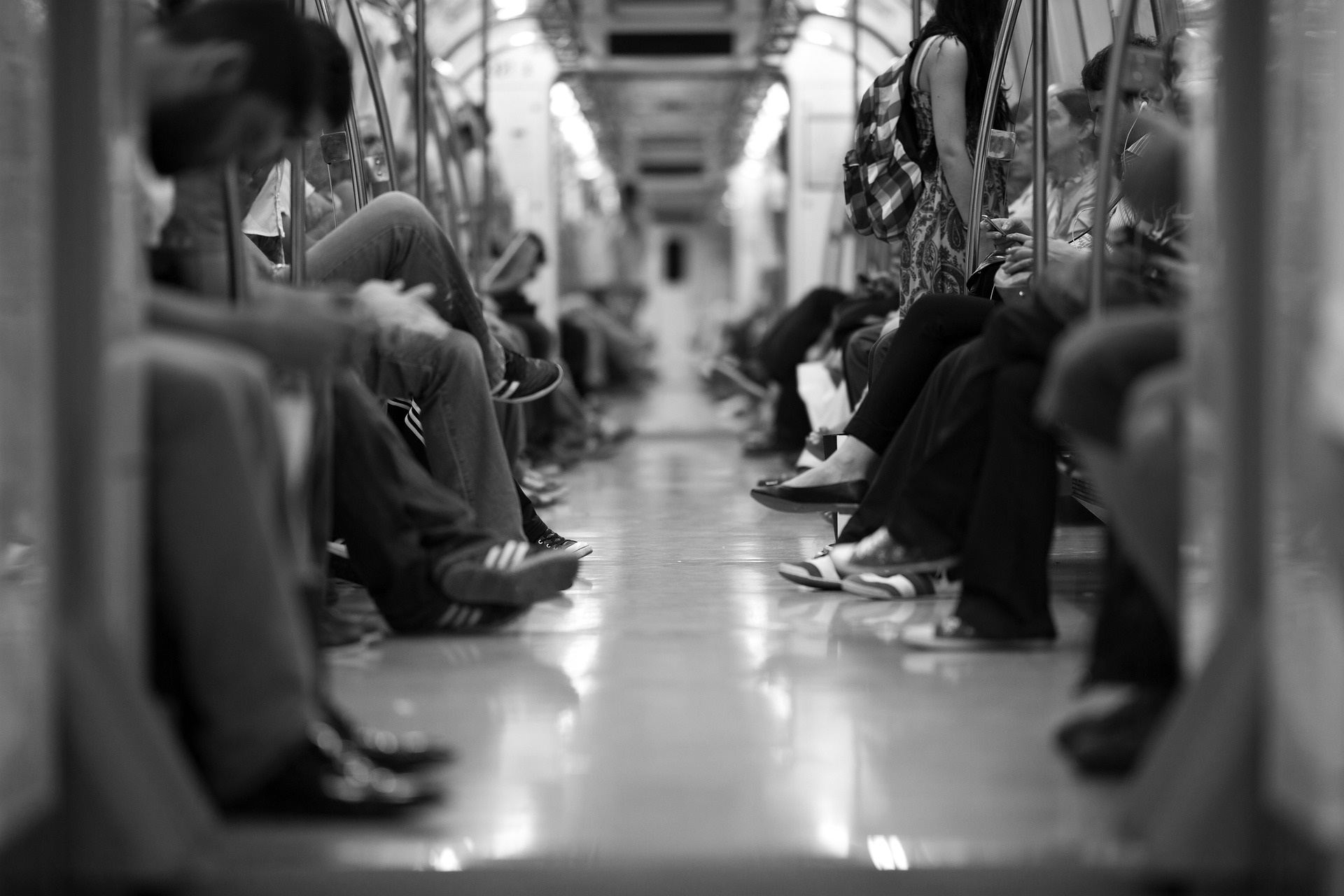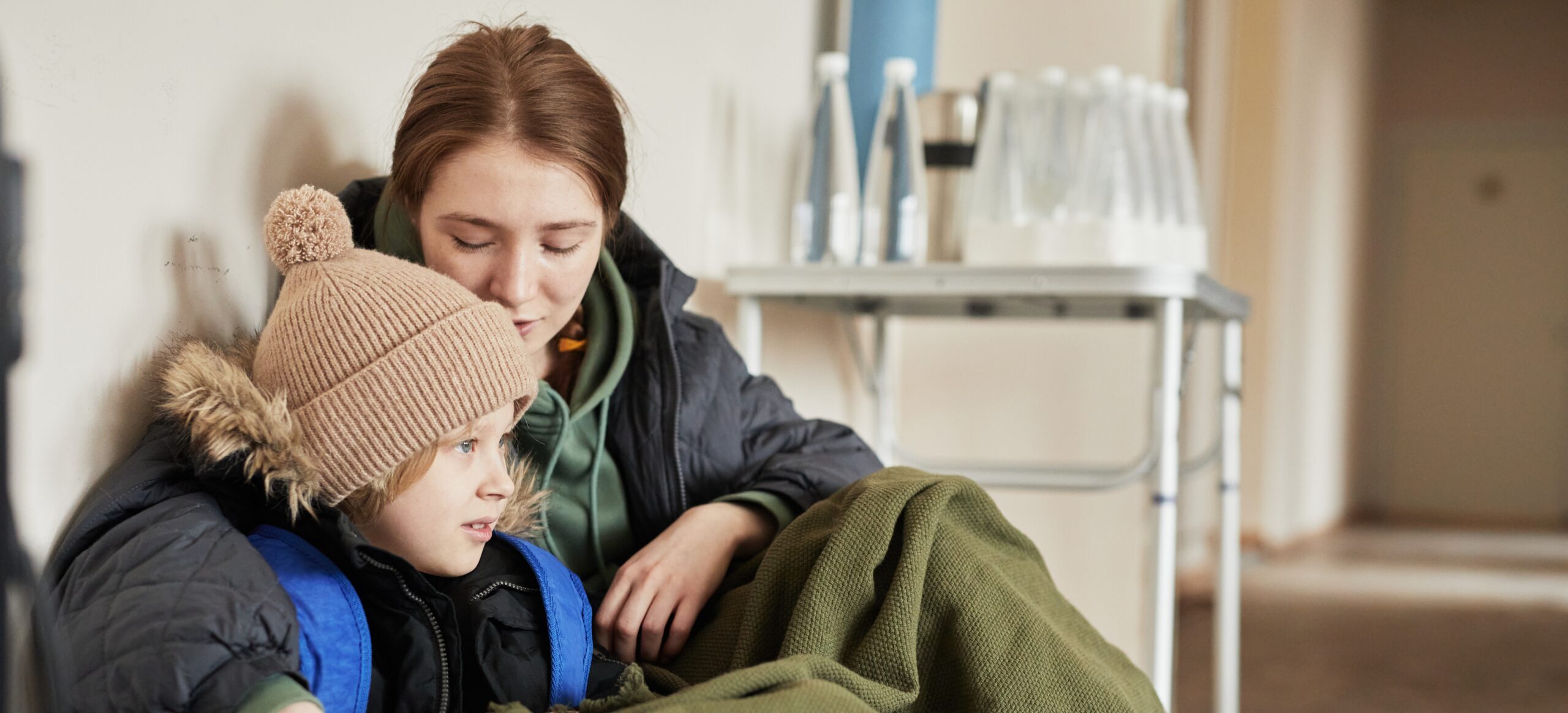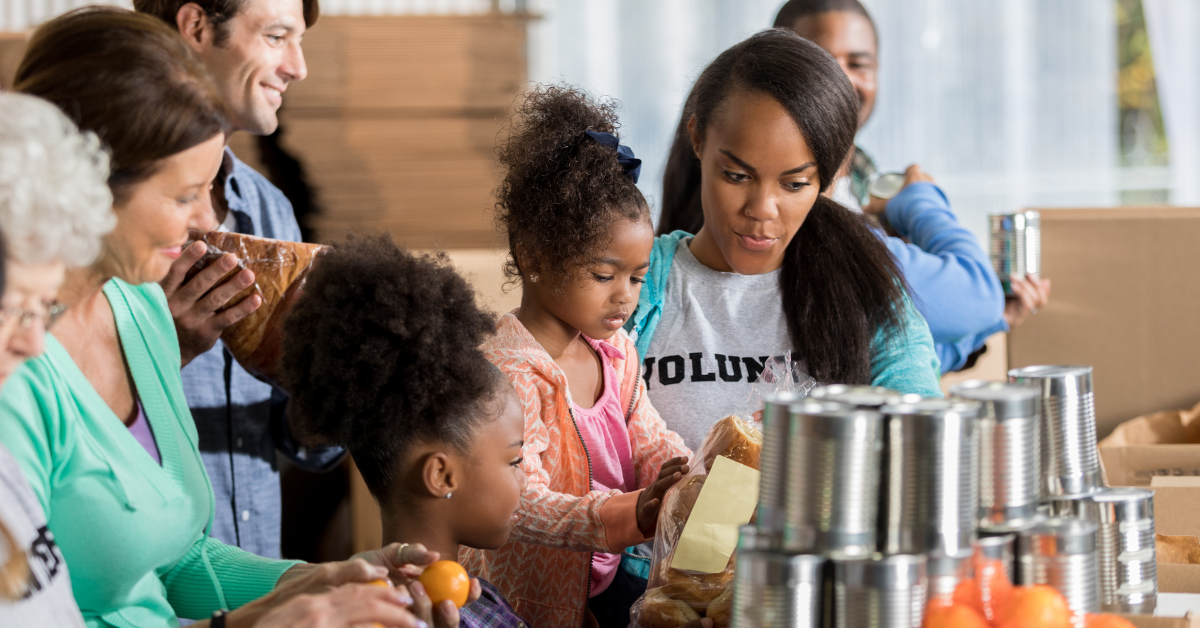
In today’s era of growing awareness around the importance of social justice, you’ve probably come across the term gender inequity. Gender inequity’s definition is simple: that women are at a measurable disadvantage in modern society on the basis of sex. This is rooted in the historical oppression of women stretching back to the dawn of civilization in most cultures — but its effects can still be keenly felt today. In education, the workforce, and beyond, women across the globe continue to face challenges that male counterparts do not simply for being female.
In this article, we will talk a little more about gender inequity’s definition, its impact on society, and ways that you can impact change. We will walk you through a few examples of how gender inequity continues to affect women and girls across the globe, then offer solutions for how you can impact change in your community and the world. Keep reading for more information!
What Does Gender Inequity Mean?
In its simplest terms, gender inequity can be defined as a lack of fairness or justice for women. This most often rears its head in education but is also seen in every sector of human society — including medicine and labor. Though closely related, gender inequity differs from gender inequality — to learn more about the difference between the two phenomena, read our Equity vs. Equality blog post for additional information.
Examples of Gender Inequity
While gender inequity is pervasive — particularly in nations where women remain highly marginalized and at high risk of gender-based crime — there are a few key areas where women across the world are most vulnerable to inequity. These include the following:
Education
Girls across the world have dramatically lower education levels than boys, with girls being over twice as likely to miss school during times of conflict. Additionally, the majority of children who have never stepped foot in a classroom are overwhelmingly female.
Gender-based violence
One out of every three girls in the world will be the victim of sexual or physical violence in their lifetimes. The majority of these crimes are inflicted by close family members and intimate partners. Examples of this include forced marriage, genital mutilation, rape, forced prostitution, and honor killings.
Forced labor
With over 150 million children living in forced labor across the world, this crime against humanity affects all children regardless of gender. However, while boys are more likely to work under hazardous conditions — including construction sites and other unsafe workplaces — girls are far more likely to face sexual violence and slavery at the hands of their abusers.
How to Fight Gender Inequity in Your Community
Are you ready to do your part to endear gender inequity? You can take action by donating or volunteering with United Way today. Your gift will go directly to programs that will create a measurable impact on the lives of the women and girls we support through our programs. For more information, contact us to learn more about how you can help make a difference.


